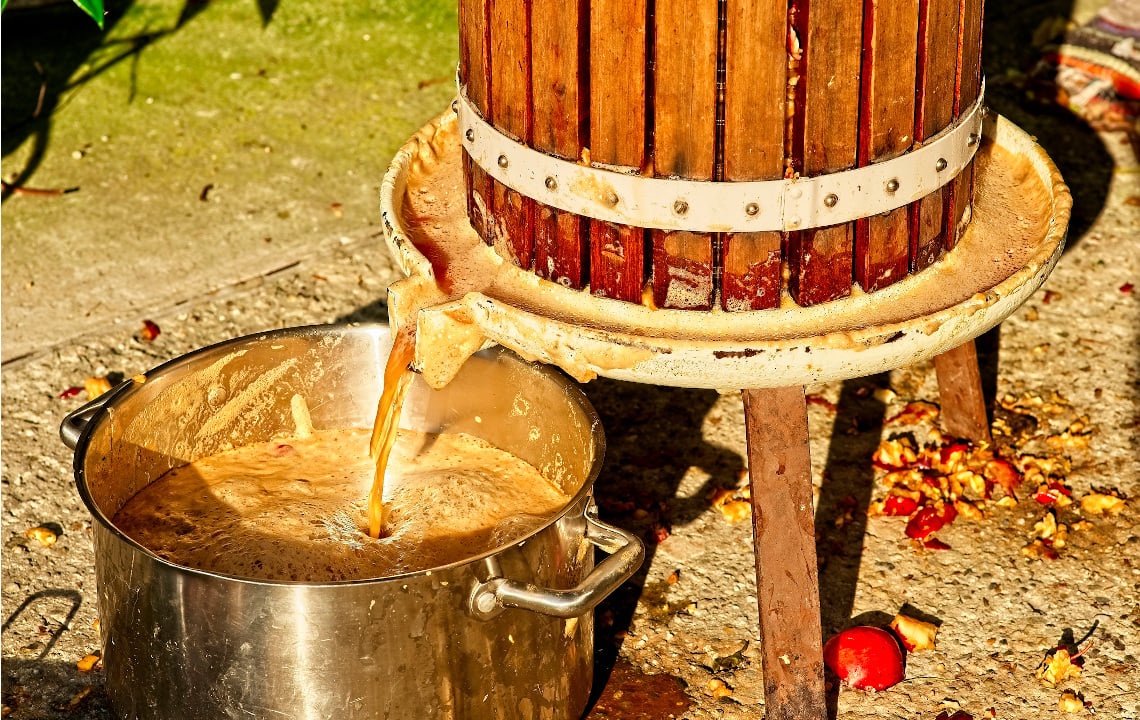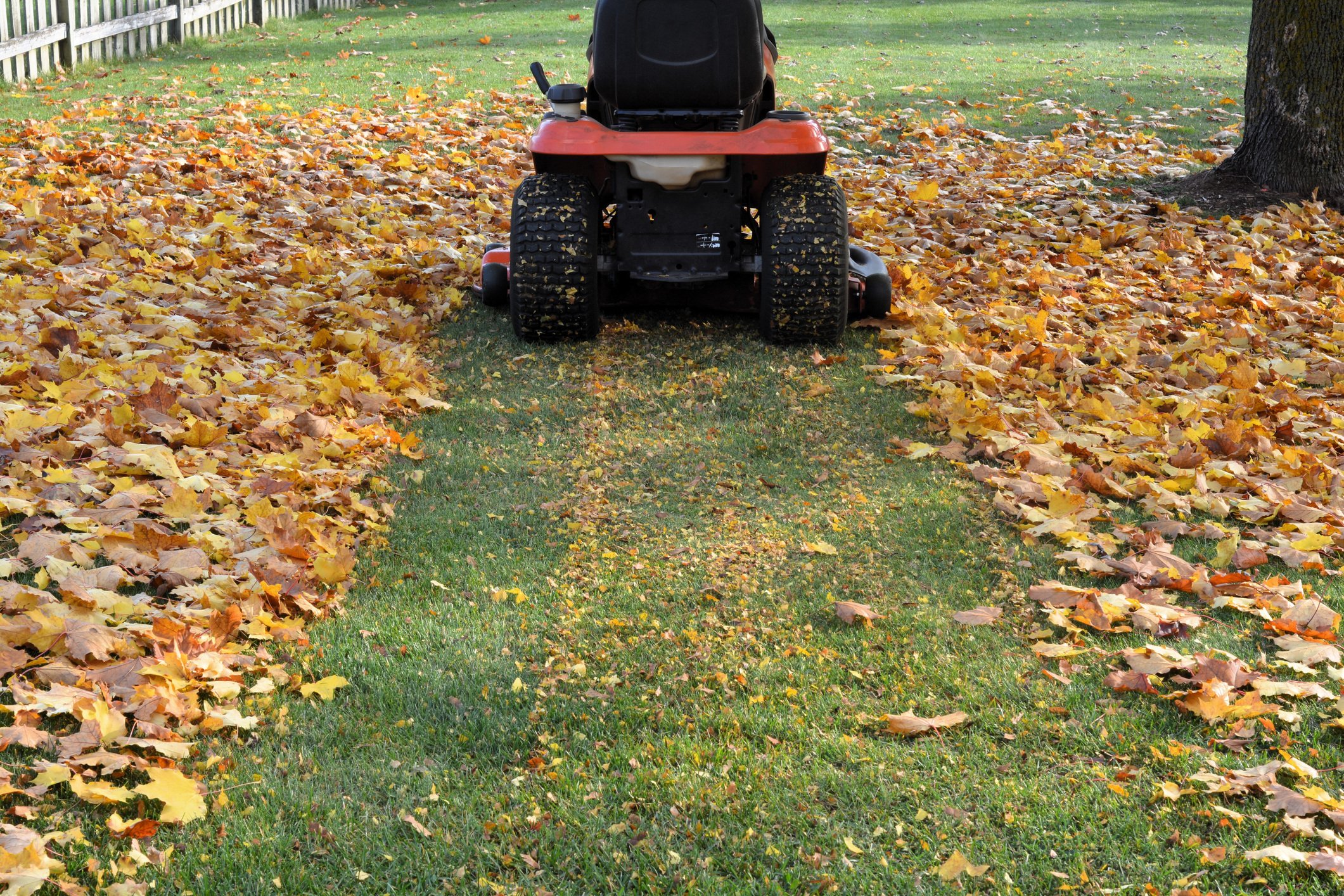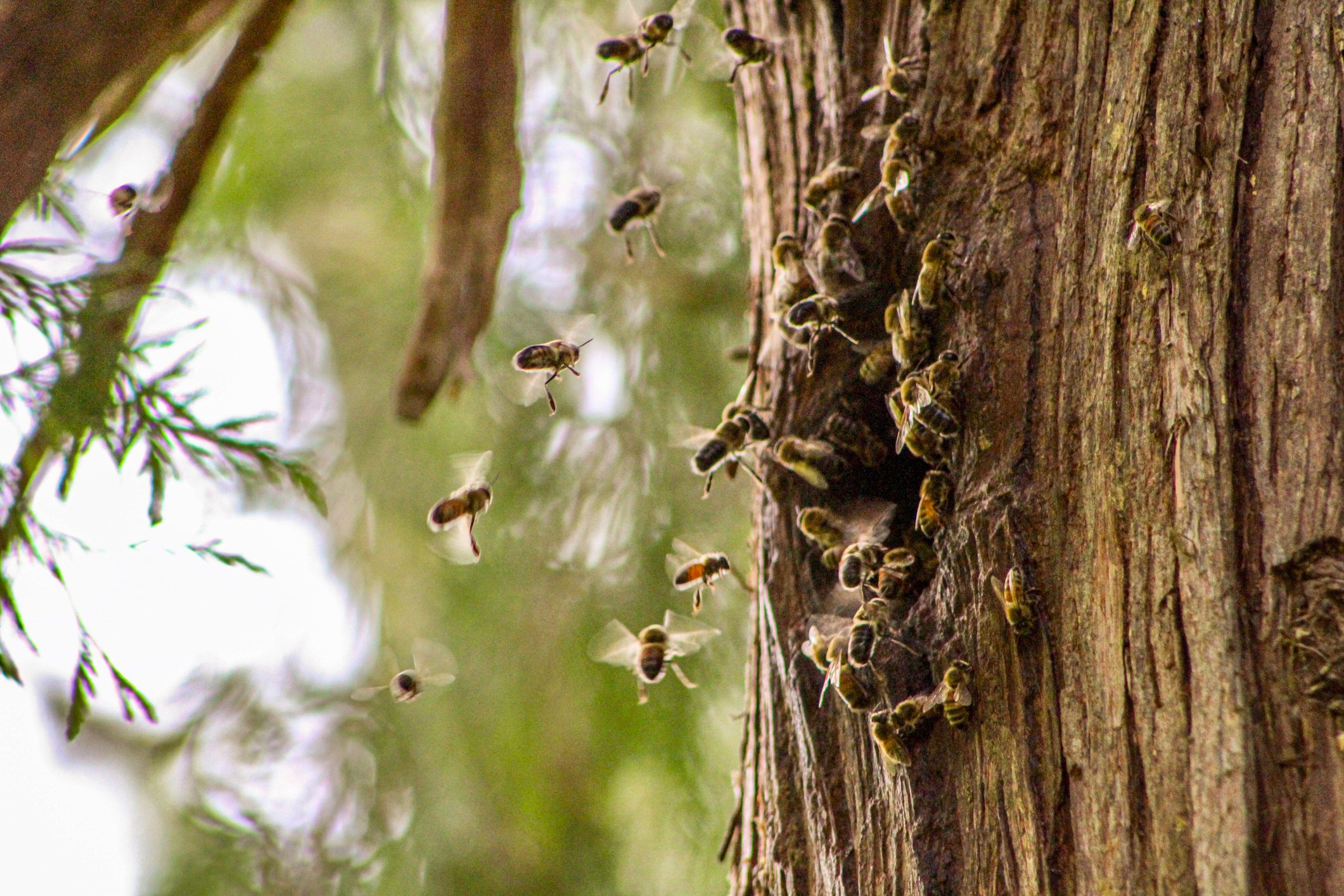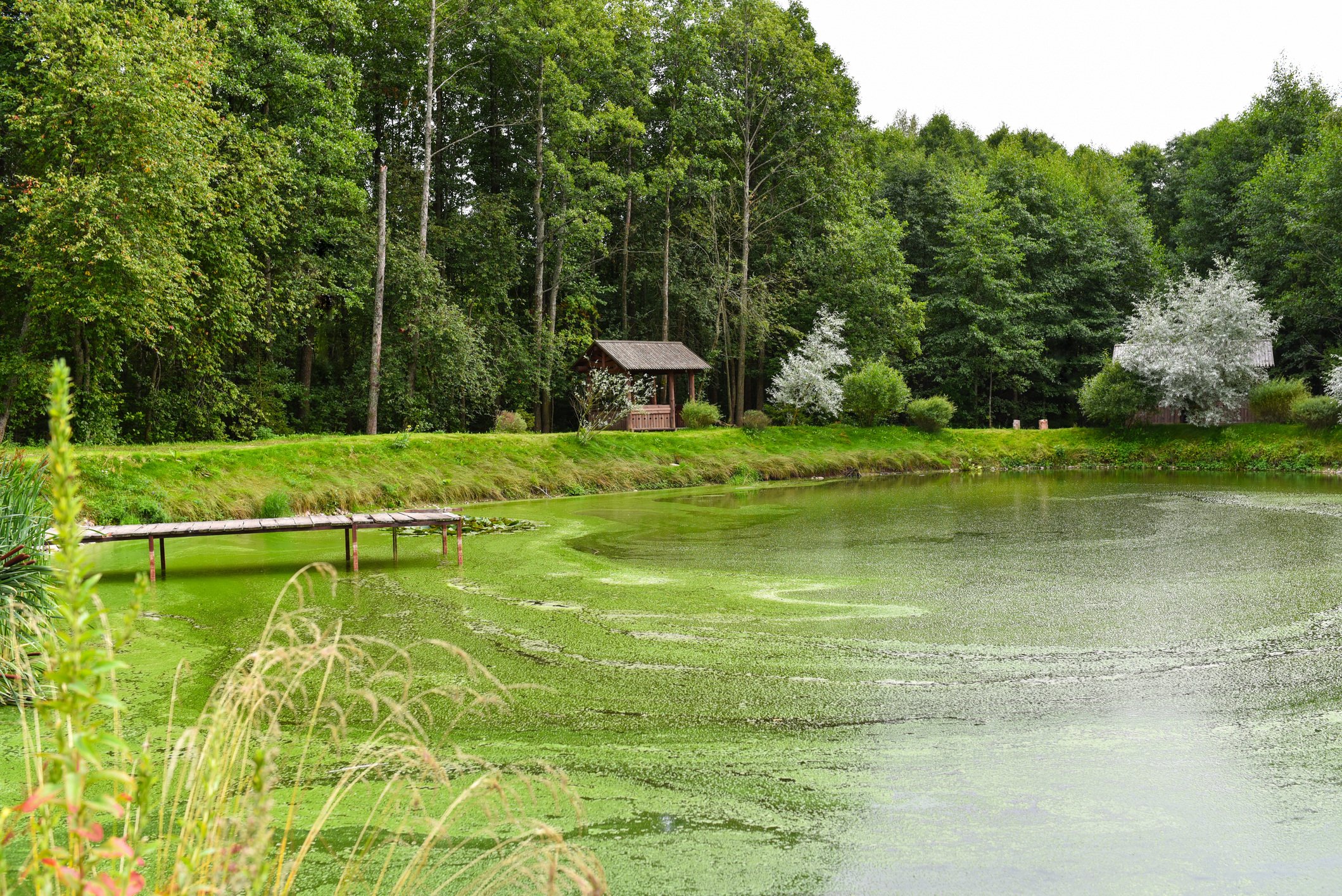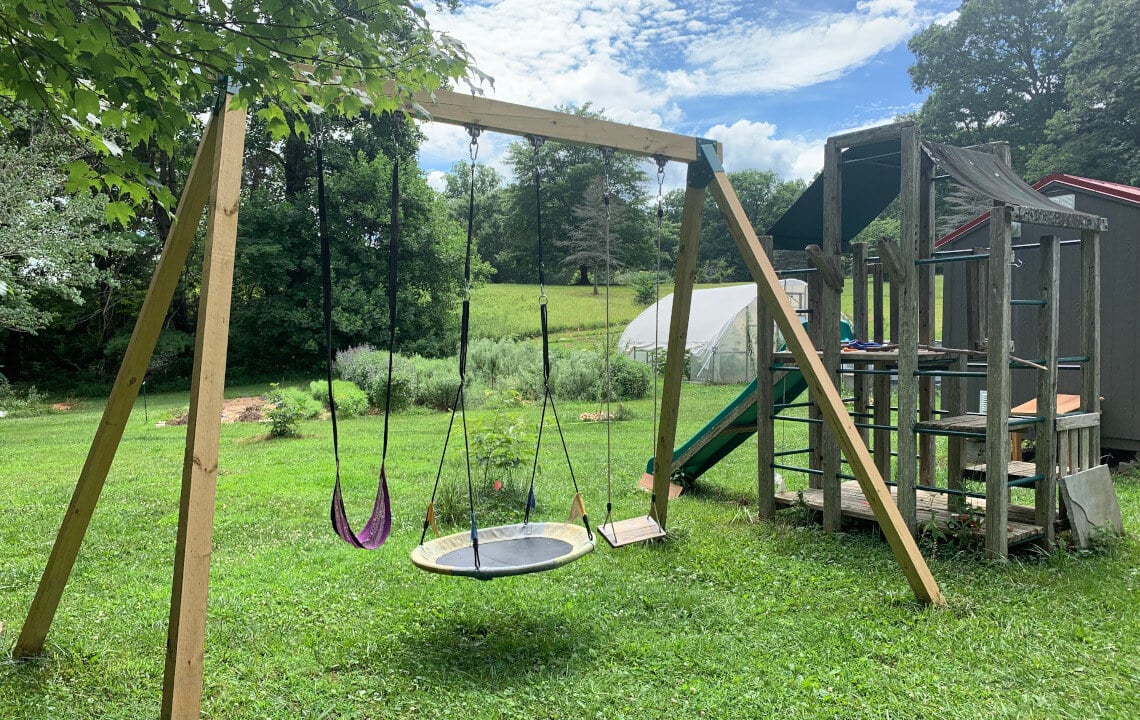Rural residents have a special environment relative to sounds. Rather than being bombarded by city noise, they are surrounded by the tranquil sounds of nature that are soothing to the soul.
When one is a new member of the special family of rural dwellers, it takes a while to appreciate the subtle sounds that at first elude their senses. As they become more acclimated to rural living, they may notice sounds that did not register at first.
We are constantly surrounded by the gentle sounds, but we have to be receptive to appreciate them. As we walk out our doors, we may hear the sound of crows calling in the distance as they harass a hawk or owl. Squirrels chatter in the treetops as we invade their domain. If we listen closely, we may faintly hear a tractor or chainsaw in the distance on a neighboring farm.
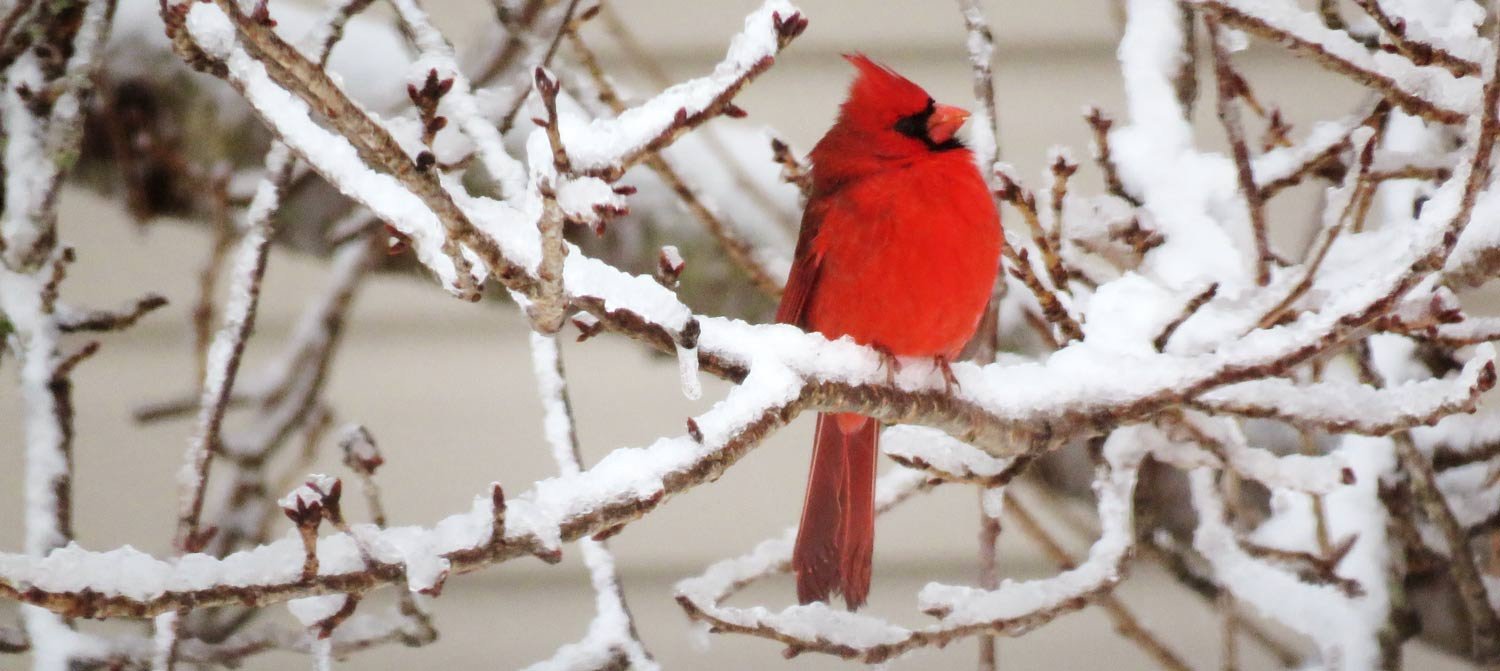
Sounds of Discord
Animals do not always live a tranquil life. They are constantly on the alert for the predators that lurk in the shadows. The strident call of a bluejay may be a warning to his brethren or a marauding hawk. The snort of a deer in the woodlot is possibly an alert to other deer of a skulking coyote.
The Gentle Sounds of Nature
Some of the more peaceful sounds include the plaintive sounds of the mourning dove at day’s end. The melancholy notes waft on the gentle breeze and are echoed across the fields and forest. In the warmer days of the year, as night falls, crickets and cicadas serenade us with their relentless message. Rain dripping off the roof or sleet pattering on the windows makes us appreciate the warmth and security that we feel in our own homes.
Those fortunate to live near a stream can revel in the peaceful sound of water rushing on its way to the rivers and ocean. The croak of a bullfrog, the harsh squawk of a heron or the splash of an alarmed beaver slapping the water with his broad, flat tail are part of nature's story, and we become a part of it as we enter their domain.
Certain Sounds Trigger Memories
Some sounds evoke mental pictures of happenings in days long past. A walk through the fields can result in the thunderous flush of a covey of quail, and we are transported to our childhood on our first quail hunt. The sound of the wind in the trees can transport us to memories of a special day hiking when the wind was whistling through the treetops. The mind is a library of sounds, visions, smells, tastes, and feelings. A fleeting sound can instantly remind us of something that happened so long ago, but we can see it as clearly as ever in our mind.
Certain sounds trigger vivid memories for me. Some authors have been able to capture the essence of sounds in a special way. The late Gene Hill is a favorite author for me. He has a book of short stories entitled, A Listening Walk, which captures much of what I am trying to say here. Mark Twain (Samuel Clemens) is another. In his book, Huckleberry Finn, he tells of Huck on the mighty Mississippi traveling downriver on a raft. On a still 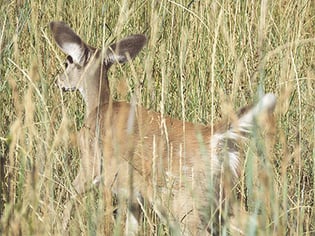 morning, Huck sees a man on shore cutting wood with an axe. The axe falls and is being lifted before the sound travels over the water. He also hears voices on the distant shoreline that echo across the water.
morning, Huck sees a man on shore cutting wood with an axe. The axe falls and is being lifted before the sound travels over the water. He also hears voices on the distant shoreline that echo across the water.
We hear sounds sometimes that only register in our subconscious. They are tiny messages that assure us that we are safe. If perchance something dangerous or alarming should threaten us, our mind switches to the "alarm mode," everything registers and we are constantly analyzing the sounds.
As we settle into the rural life, we need to open ourselves up to being more receptive to all sounds. Sounds enrich our lives and make them fuller and happier. I think sound might be second only to vision in importance. It would be very dull if we lived in a silent world. In order to enjoy the richness of nature in all its splendor, we should strive to think of sound as being a way to better fit into our new environment.
All photos courtesy of L. Woodrow Ross.




.jpg)



